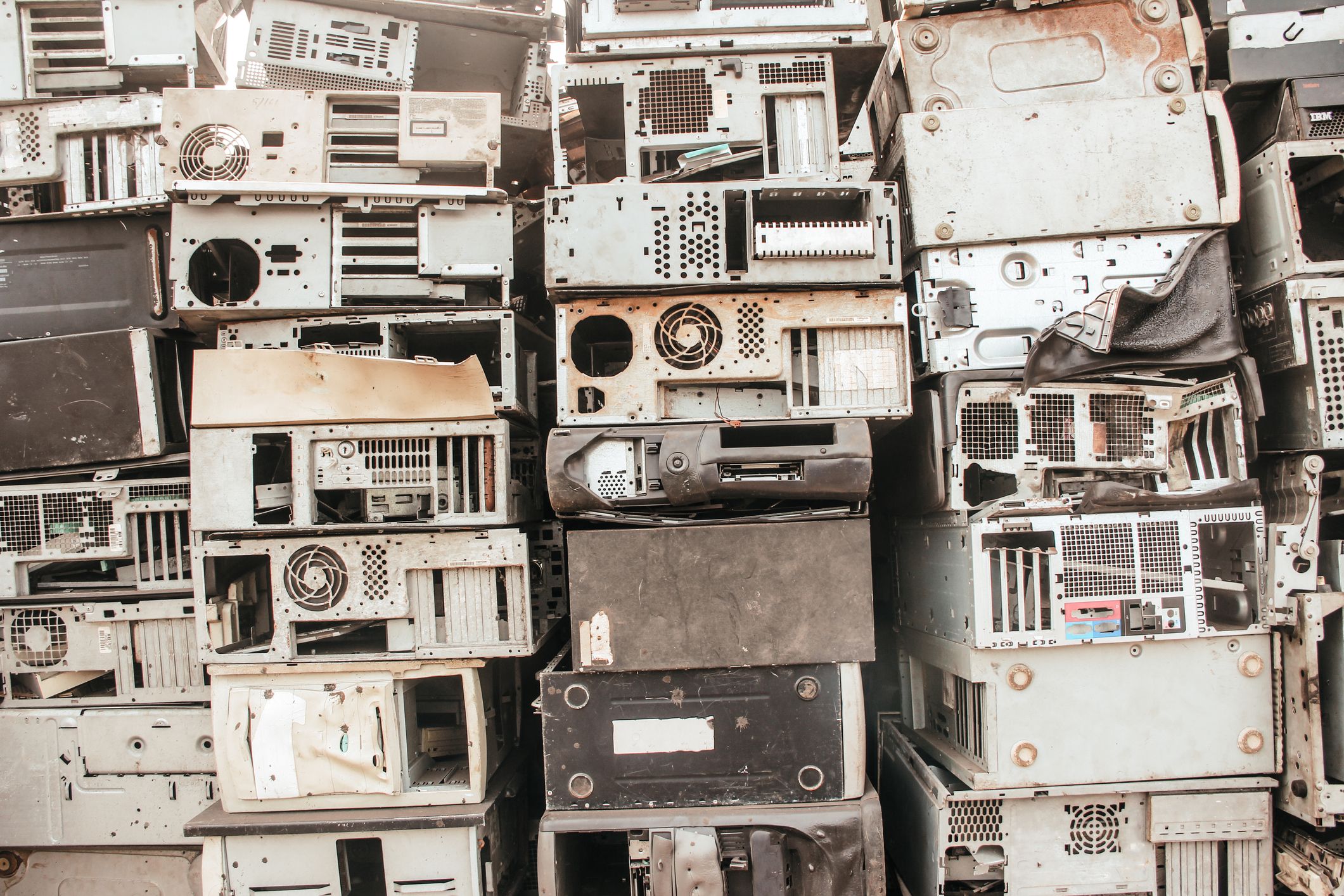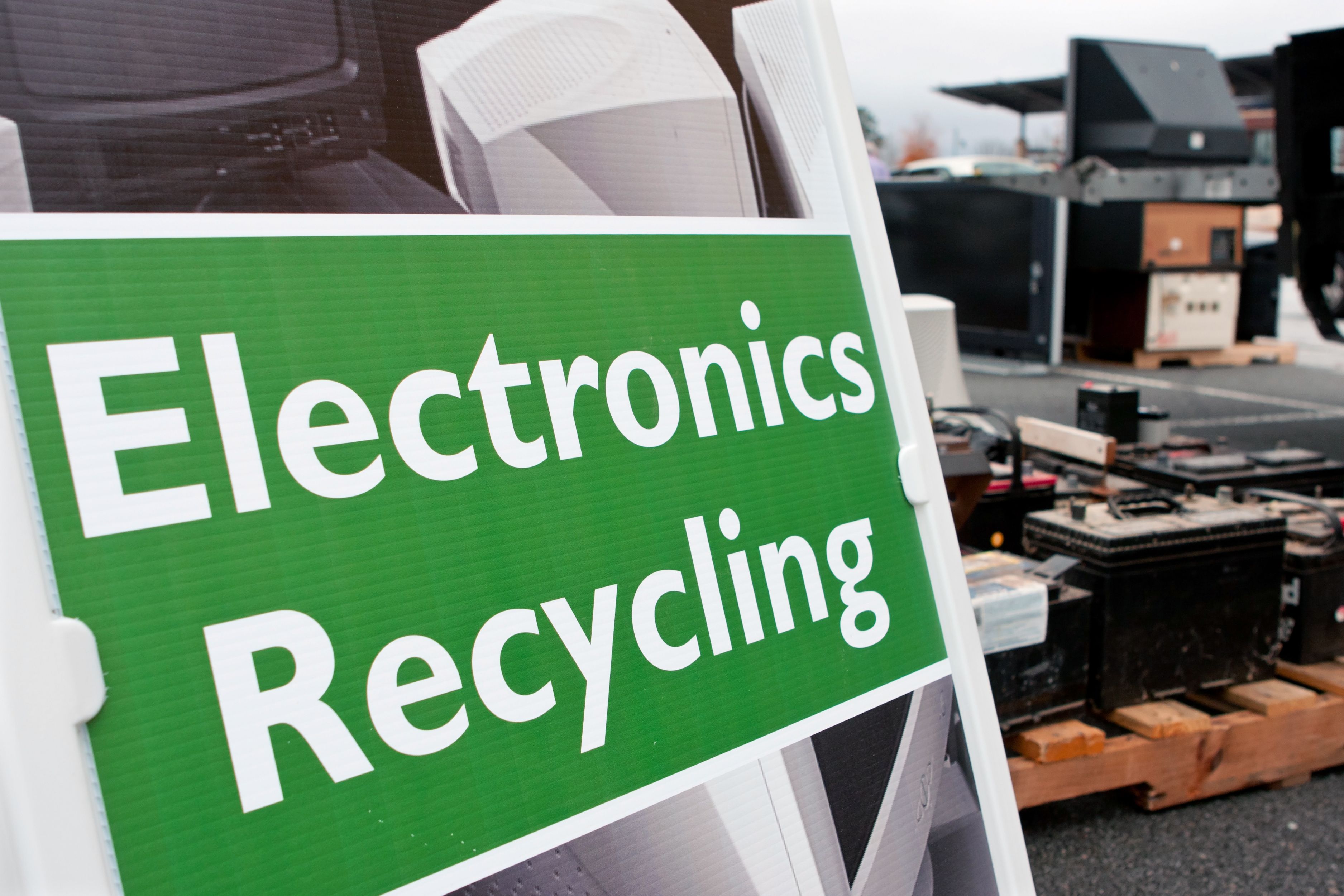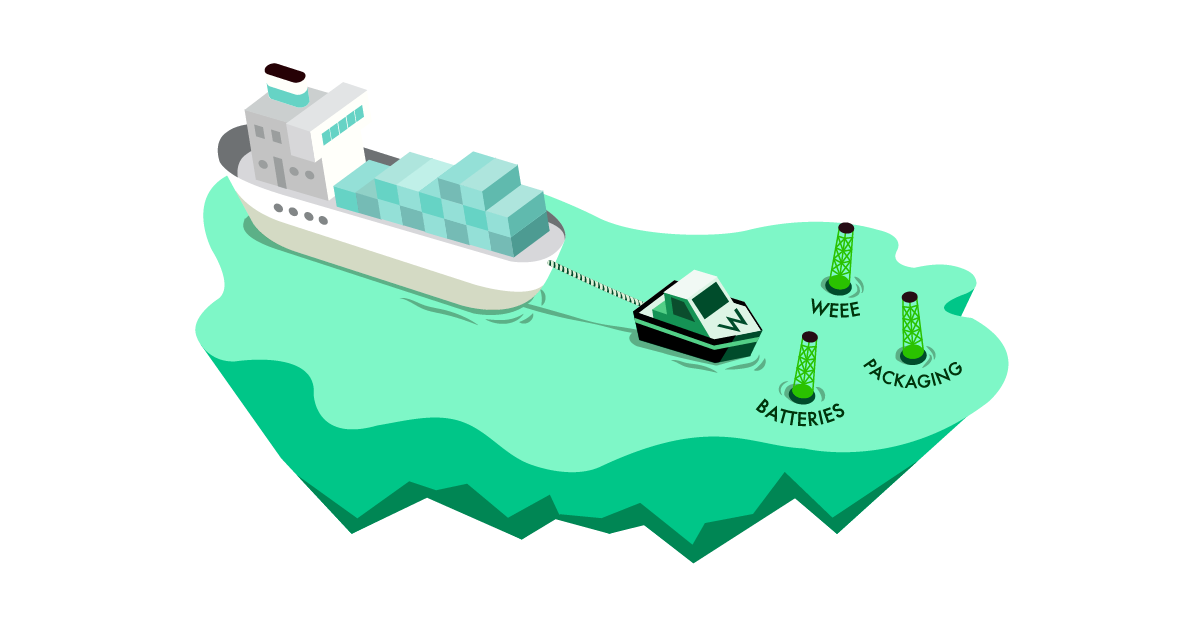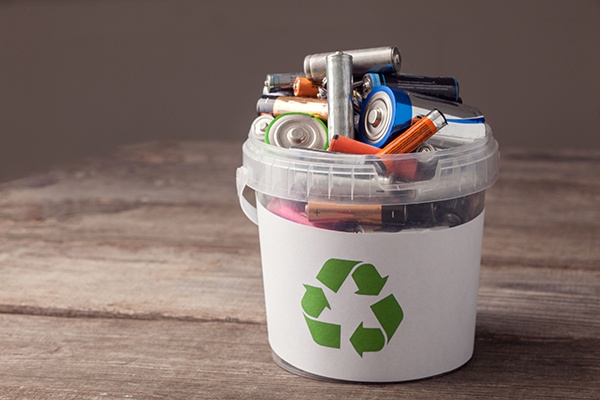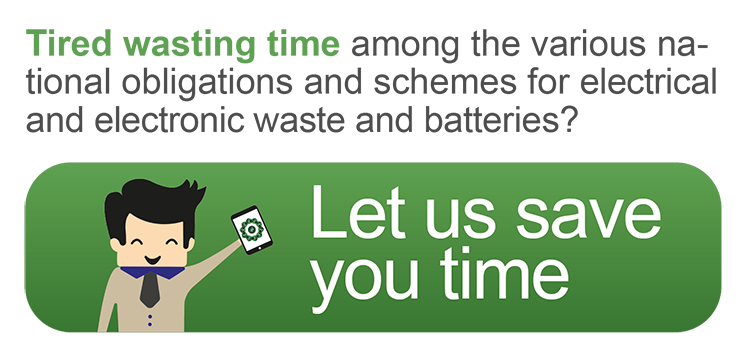Have you identified a WEEE compliance flaw for your company and want to make the case to management, colleagues and others? Then this article is for you!
Why get an expert to manage compliance with the WEEE Directive?
EU legislation requires that Directive 2012/19/EU be transposed into the national law of each Member State.
The principles of the directive apply to EU countries (required in particular to attain specific collection and recycling targets) as well as to parties under obligation such as producers (entities placing equipment on the market in a country for the first time), distributors, end users, etc.
Producers of Electrical and Electronic Equipment have to analyze, understand and adapt to the requirements from the environmental legal framework, while their business interest is to ensure growth and performance.
For producers, waste management obligations arising from the Waste Framework Directives, are a growing administrative, financial and operational burden, particularly where there is a commercial presence across several countries with a range of business partners. This is because the act of placing a device on the market in a given country makes the entity involved immediately responsible for managing end-of-life for that device.
In 2016, in Ghana, the government adopted the “Hazardous and Electronic Waste Control and Management Act 2016 (Act 917).



